Exploring the complex movement of emotions in relationships affected by commitment phobia, from self-awareness to self-growth.
Love, often described as the most profound and complex human emotion, is a journey filled with beauty, joy, and challenges.”When we begin to unpack commitment phobia in therapy, we’re essentially delving into the intricate web of emotions, experiences, and beliefs that have led to this pattern,” Harsha Pol, a counselor, explains. A significant obstacle in romantic relationships is commitment phobia, which is a deep-rooted fear of emotional investment and long-term attachment. This article explores the complex emotional web that the non-commitment-phobic partner encounters when interacting with a commitment-phobic counterpart, emphasizing the subtleties of these dynamics and offering solutions for effectively dealing with this challenging situation.
“Commitment phobia, though it may seem like a simple term, is a complex psychological pattern that can affect one’s ability to form deep and lasting connections,” explains Pol. Commitment phobia originates from a multifaceted interplay of personal experiences, past traumas, relationship history, and internal insecurities. It manifests as an intense reluctance to settle down, establish long-term plans, or make substantial emotional investments in a romantic relationship. This deep-seated anxiety about permanence can cast a shadow on the relationship, leading to a plethora of consequences.
The partner who is afraid of commitment feels constantly uncertain about the future of the relationship, which causes constant anxiety. “Understanding your commitment phobia is the first step towards healing and personal growth,” says Harsha. Being self-aware is essential because traumas or past experiences are frequently the root cause of commitment phobia. People can examine these underlying anxieties and experiences that have influenced their commitment phobia in therapy. This kind of self-awareness serves as the cornerstone around which change management tactics can be constructed.
People who are afraid of commitment frequently give mixed signals, alternating between showing extreme love and affection and withdrawing or avoiding conversations about the future. The partner who is scared of commitment may become extremely frustrated and confused due to this inconsistency.
With time, the partner who is not afraid of commitment might start to doubt their own value and wonder why their partner isn’t willing to give the relationship their all. Their confidence and sense of self-worth can be undermined by self-doubt.
“A common consequence of commitment phobia is that the non-commitment-phobic partner often ends up putting in more effort to sustain the relationship,” Harsha explains. They might assume the burden of making big sacrifices, starting crucial talks, or organizing for the future to ease their partner’s anxieties. This disparity may give rise to feelings of injustice and hatred.
“A healthy relationship should be a nurturing environment for personal growth and mutual support,” states Harsha. Commitment phobia, however, can impede this development since the partner who lacks commitment phobia may be reluctant to follow their own goals and desires.
Consistent commitment phobia can make the non-commitment-phobic partner question the long-term sustainability of the relationship, which can create an ongoing sense of insecurity and make it difficult to appreciate the present fully. The non-commitment-phobic partner may feel emotionally alone during big life events or difficult times because the commitment-phobic partner may be reluctant to offer the required emotional support or to make decisions together.
When commitment phobia is present, the beautiful and complex journey of love can become difficult. Both partners must understand the complex interactions between feelings, fears, and experiences. The intricate dance between love and fear can be navigated with self-awareness, open communication, and a dedication to personal development, which will ultimately lead to the development of healthier and more satisfying relationships. As Harsha notes, commitment phobia can occasionally be significantly influenced by one’s own decisions. It’s critical to recognize that not all cases of commitment phobia have a history of trauma. Due to personal preferences, some people consciously decide against getting married; this trend has become more prominent in recent generations.


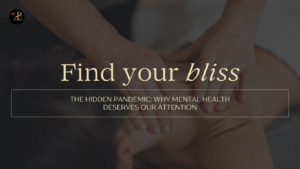



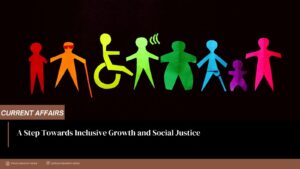

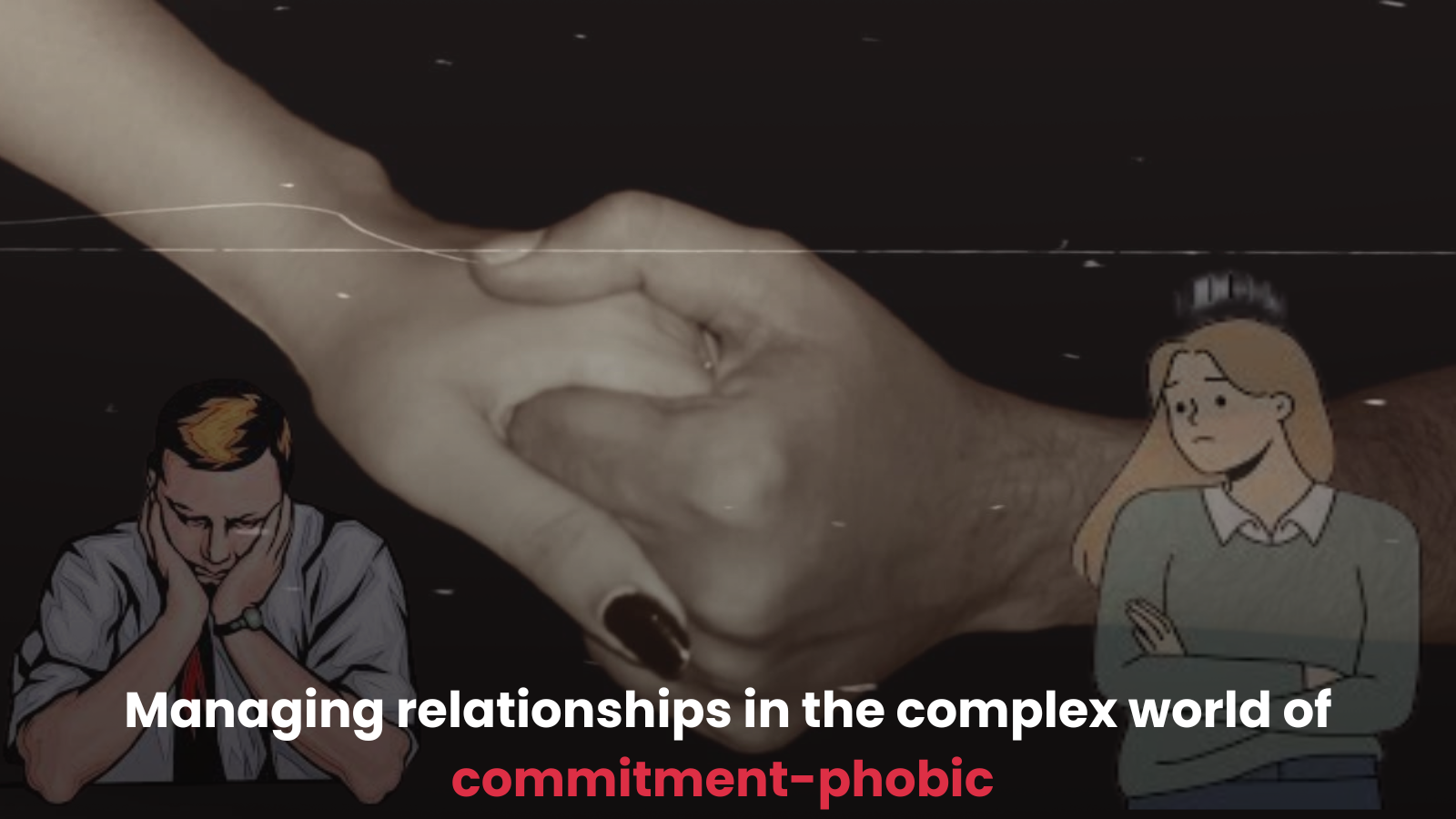




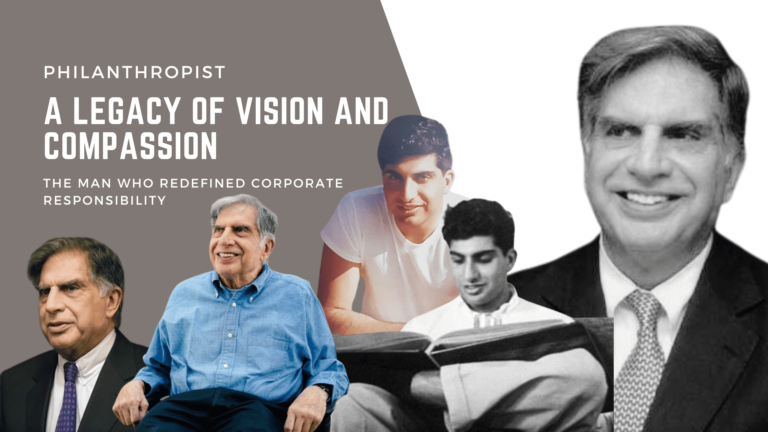
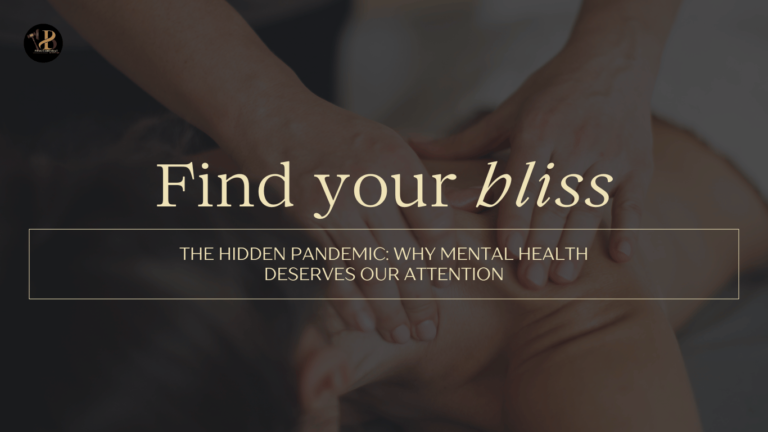





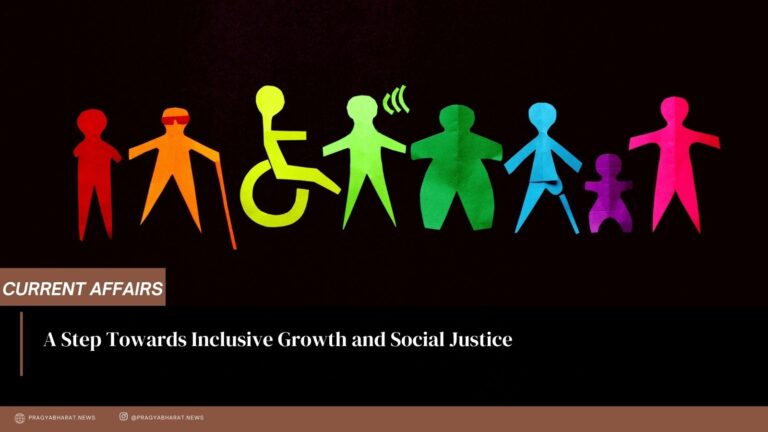
[…] we’ve covered, commitment phobia is a complicated psychological pattern based in fear, whether it be fear of being hurt, fear of […]